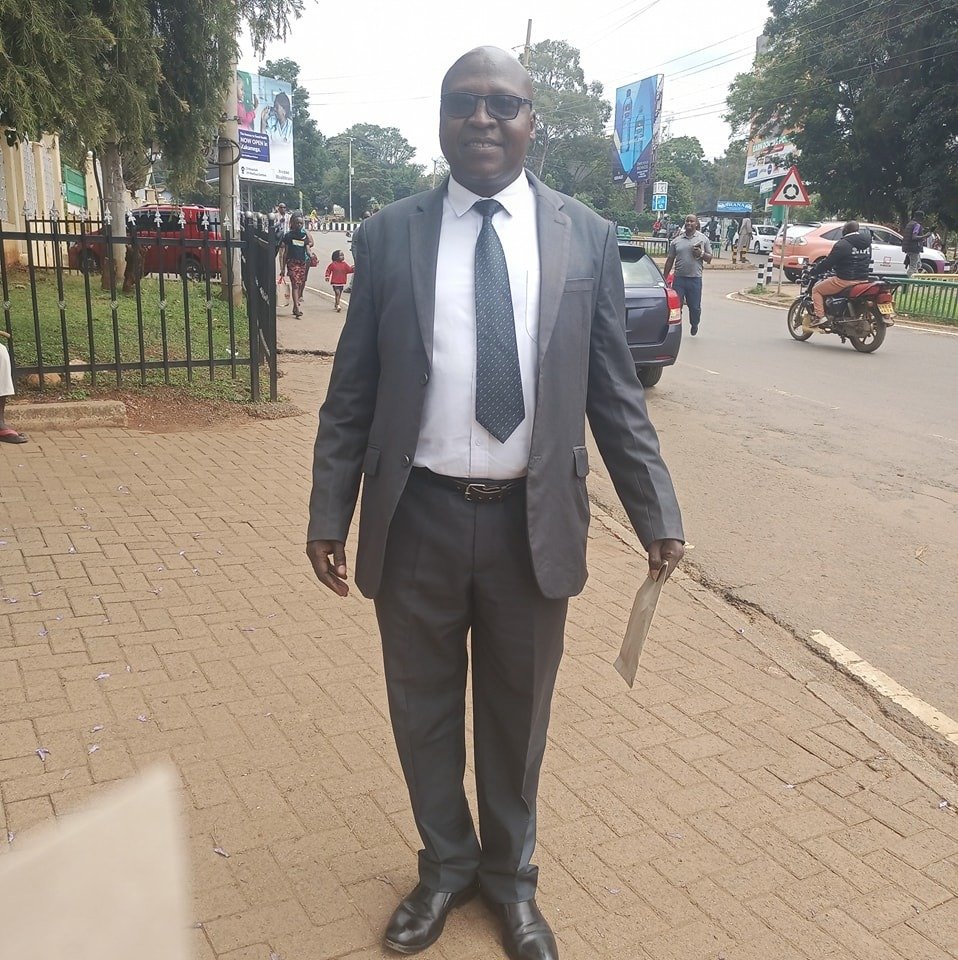Covid-19 pandemic may have fast-tracked the uptake of internet services in Kenya than was expected.
Reality, however, remains that with or without the pandemic, data will remain the king in the telcos market – now and potentially into posterity.
Like, we at Cofek have always stated, if there will ever be a third World War, it will certainly commence online and end online. This underscores our value of data.
Consumers are increasingly spending less and less on analogue voice calls. Instead, Voice Over Internet Protocol (VoIP), a technology that allows one to make voice calls using a broadband internet connection, has been favoured over regular or traditional phone line.
There are many reasons for the rise in VOIP calls. One is affordability and two, privacy and security.
According to the Communications Authority of Kenya (CA) fourth quarter of the 2020/21 financial year, the total number of active data subscriptions increased to 46.7 million from 43.7 million reported in quarter three of the same year.
This was a major increase of 12.8 p.c when compared to the 40.9 million subscriptions recorded during the same period of the 2019/2020 financial year.
What is even more interesting is this: Mobile data, and not traditional Internet Service Providers (ISPs) subscriptions continued to constitute over 99 p.c of the total data subscriptions.
The emerging trend is that data, via phone, is most preferred – obviously because of the integration within many other apps and the convenience of mobility.
This could be one reason the third telco GSM licensee Jamii Telcom Ltd (JTL) has held a tight grip on its’ most rewarding enterprise – data – and has never shown any aggressiveness in rolling out its voice calls service.
Sample this: In its May 13, 2021 financial results, dominant telco Safaricom PLC posted this: SMS revenue went from Sh15.2 bn to Sh13.6 bn, which was an 11.7 p.c drop. Average Revenue Per User (ARPU) monthly active messaging customers reduced from Sh60.8 to Sh52.7
For voice services, revenue fell by 4.6 p.c, with a decline from Sh86. 3 bn to Sh 82.6 bn. The ARPU for active monthly voice customers went from Sh287.2 to Sh257.7
On the other hand, internet revenue moved from Sh39.6 bn to Sh44.8 bn. With a year-on-year increase of 11.5 p.c.
The trend on data earnings was replicated in other local MNOs as well as other telecom operators across Africa.
It is for this very reason data shall remain king. But what will separate ‘boys’ from ‘men’ shall be the point-to-point access, best convergence levels between quality (seamless reliability and speeds) against pricing.
Point to point will mean that MNOs contributing to the Universal Service Fund (USF) ought to fight tooth and nail to ensure that areas still operating on 2G or no data are enhanced to 4G soonest possible.
With devolution, the equation and question of commercial viability has changed. A consumer in Mandera, Bungoma, Turkana, Lamu or elsewhere wants to be in touch with the partner in Nairobi, Mombasa and other major towns – via data.
With data – there should be no ASAL and or drought as long as people and livelihoods are within area. Whether for added value like virtual learning, general elections and or medication, data has literally the blood and lifeline through Kenya’s economy.
Industry players will, therefore, witness enhanced competition for customers on data. Traditional ISPs will have to innovate to remain afloat.
The industry will need to unite and fight against punitive and retrogressive taxation introduced on data.
Finally, it is our view that regulation of data must now change – even in terms of structure and priority at the regulator, CA. From enhanced investment, incentives, quality of service monitoring, internet safety to added value – Kenyans must seize the moment and ringfence the gains on data before they are grabbed by strategic FDI’s.
This article is published as part of the Consumers Federation of Kenya (Cofek) #CofekTelcomsChat project. The articles may be freely reproduced as long as the source is duly and fully acknowledged. Readers, experts and industry players are encouraged to send their feedback – which will be published on our website and shared through social media: hotline@cofek.africa




